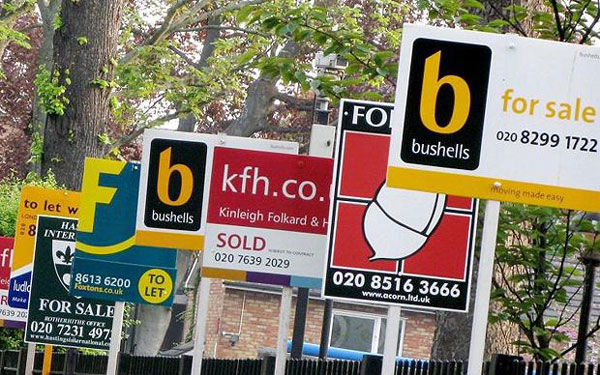Buy To Let
UK property asking prices hit record levels

The national average asking price for homes topped May 2008 levels in April 2012, figures have shown.
The average asking price this April in England and Wales has been £243,737, a higher figure than in the months before the 2008 crash.
The news came four days after a study indicated that the mortgage market was at its strongest since 2008.
However, the figure masked huge variations between asking prices in London and the South West and those of other regions.
When recalculated for inflation, the figure in national asking prices was in fact 9.9% less in real terms.
In London, the average asking price was 14.9% higher than May 2008 levels and 2.1% higher than last month at £464,944. Kensington and Chelsea had the highest asking price at £2,097,797 and Bexley the lowest at £225,293.

Wellness and wellbeing holidays: Travel insurance is essential for your peace of mind
Out of the pandemic lockdowns, there’s a greater emphasis on wellbeing and wellness, with
Sponsored by Post Office
The greatest change was in Brent, where the asking price has risen by 20% over the past year.
Miles Shipside, the director of Rightmove, the property website that carried out the research, suggested confidence and an access to cash had helped to boost house prices in the capital.
He also noted the reduction in sellers coming to market: “It is unusual for a shortage of fresh stock to coincide with the traditionally more active spring market. The net effect of this is another new asking price record for the capital.”
The study also added to evidence of a regional divide in the property market. The average asking price in the North at £151,891, was a third of that in London.
The greatest drop in the past four years has been in Wales, where asking prices were 12.3% lower than their May 2008 levels.
David Hollingworth of London and Country mortgages said that he was not surprised to hear about the disparity. “I think it is widely accepted that London does not run in line with the rest of the country. It is almost a market within its own right.”